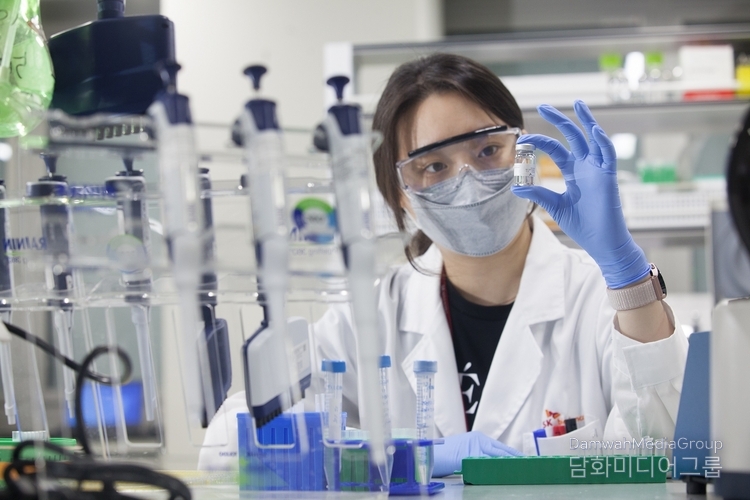By Diplomacy Journal Lee Kap-soo
SK bioscience, a global innovative vaccine and biotech company committed to promoting human health from prevention to cure, announced on April 23 that it has won a final victory in a patent invalidation lawsuit against Moderna, the global developer of mRNA COVID-19 vaccines.
SK bioscience filed the nullity suit over the Moderna’s patent on ‘Modified nucleosides, nucleotides, and nucleic acids and uses thereof’ in 2023. This is the only registered patent related to mRNA manufacturing technology in Korea.

After nearly two years of review, the Korean Intellectual Property Trial and Appeal Board ruled last month that the patent lacked legitimacy in terms of validity, priority, and inventiveness. The decision was finalized in SK bioscience’s favor, as Moderna did not appeal within the legal timeframe.
SK bioscience argued that the patent was unfairly granted priority rights, hindering the development of mRNA technology. The disputed patent is a critical technology in mRNA manufacturing, including the development of SK bioscience’s mRNA Japanese Encephalitis vaccine candidate, GBP560.
SK bioscience, a leading innovator in mRNA technology development in Korea, is expected to strengthen its global position by removing patent barriers and securing its own technology while other global companies remain in legal disputes with Moderna. In addition, the decision also helps mitigate patent risks for other domestic developers, contributing to Korea’s vaccine sovereignty.
In February, SK bioscience advanced its mRNA vaccine development by initiating Phase 1/2 clinical trials of GBP560 in Australia and New Zealand. The trials will evaluate the immunogenicity and safety of GBP560 in 402 healthy adult participants with interim results expected next year.
This project is based on an R&D agreement with the Coalition for Epidemic Preparedness Innovations (CEPI), which pledged $40 million in initial funding, in 2022. Additional funding of USD 100 million could be made available later to support late-stage trials/licensure to further validate the mRNA platform and have it ready for use in outbreak situations.
The mRNA platform, first commercialized through COVID-19 vaccines, enables rapid and mass production based on genetic sequences, making it a powerful tool in the pandemic response. Due to its potential in therapeutic applications, the related market is expected to expand rapidly. According to global market research firm Nova One Advisor, the global mRNA therapeutics market is expected to surpass around USD 58.90 billion by 2033, registering a CAGR of 17.06%.
SK bioscience aims to establish the mRNA vaccine platform to address not only pandemics but also a broader range of infectious diseases and to establish a new pipeline to enhance global competitiveness.
